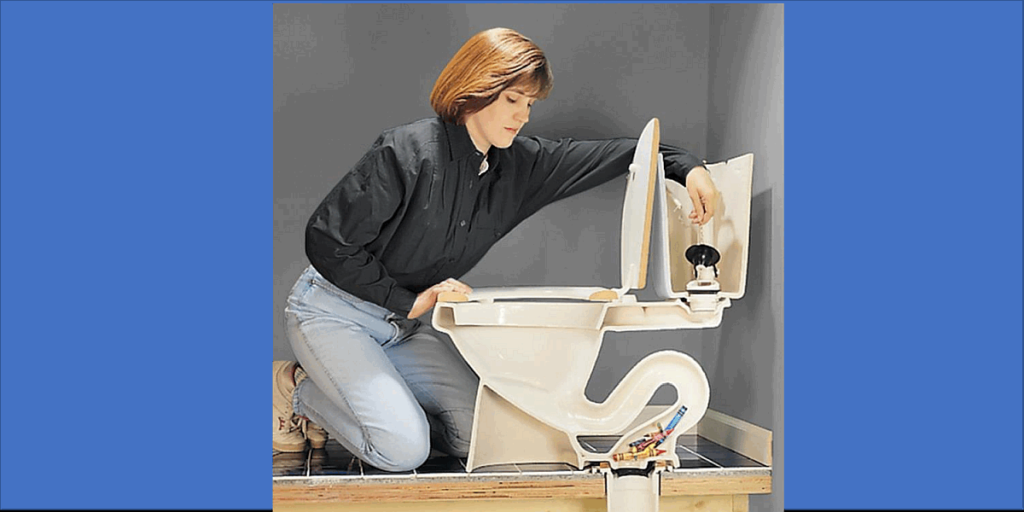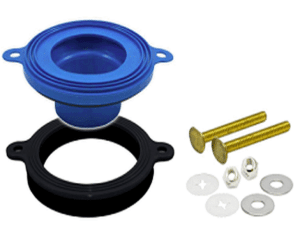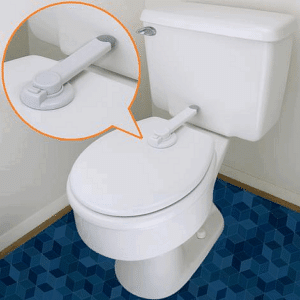Avoiding Toilet Clogs
Recently, we shared a two-piece post on Facebook on how to keep a toilet clean. It generated a lot of questions on how to avoid toilet clogs so we decided to create a blog post instead. As always, we hope you find this of value.

What You Put in Your Toilet Matters
Candidly, your toilet was meant to get rid of human waste. Therefore flushing anything else down your toilet, will greatly increase the chances of a toilet clog in your future in your home. As you might imagine, there are some ordinary things that people put in their toilet and flush that seem inconsequential. In reality, they are very likely to create a toilet clog. Here is a list of items that are often the origin of many toilet clogs, so please avoid them at all costs:
- “Flushable” wet wipes (NO, they are not flushable, no matter what the box says!)
- Anything Cotton (i.e., swabs, balls, q-tips) This does not mean products like Cottonelle toilet paper
- Female sanitary items (We know it’s how most females were taught to dispose of them but they do not dissolve.)
- Paper Towels are meant for hand drying. If you don’t have a small covered trash can located near a toilet, buy one.
- Anything that is hard, no matter how small. Even hard candy can get “stuck” and make the drain narrower.
- Kids! We don’t mean children, but kids love to see if they can send their “Aquaman” action figure back to the sea.
- Anything that you don’t want to pour down the kitchen sink. Used frying oil, once cooled, is like glue.

Think of why drains clog in your home, including the toilet, as a matter of build-up over time. Sure, you think, one cotton ball is not going to clog my toilet. When it’s following a host of human waste and the list of products listed above, a 3″ pipe quickly ends up with a 1″ diameter and the next human deposit just can’t make its through that small a space. And, as we have seen many times, it gets expensive if we have to take the time to not only clear the clog but also replace the old wax or newer non-wax seal that keeps the toilet water and its contents from leaking to a lower floor.
The Toilet Lid is Your Friend

We’ve all seen toilets when visiting friends’ homes and needing to use their facilities, whether it’s called their powder room, bathroom, water closet, or simply “the loo”. Rarely do private home or apartment owners put the seat lid down after use. This part of the seat has a singular purpose – to keep things that could have accidentally fallen into the bowl unnoticed. And as mentioned earlier, if something drops in like a toothbrush or a small bar of soap, many people, especially kids, think they can simply flush it away rather than (ugh) put their hand in the water to retrieve it. If the lid was down, the problem was avoided. Special note, if you have overnight guests with children, consider purchasing a lid lock (see photo). A simple push button releases it for adult use, and when closed, 2-year-old hands cannot get in trouble.
Trees Are Not Your Friend
Well, technically it’s not the tree’s fault, but if you happen to live in a beautiful tree-lined street that was planted 50 years or more, their roots can make their way into your sewage lines where toilet contents are sent to sewage treatment centers. No matter how much time you put into avoiding the issues previously mentioned, tree roots can play havoc with your toilet. That’s because one day a “wad” of toilet paper will have landed in just the right place to make the next flush a failure. But as that wad dissolved, it clears enough space for the next flush to execute flawlessly. Frequent clogs might not be caused by your plumbing or what you’re flushing. It might be a problem with what’s in contact with your sewer line. A major problem that we see with homes in older parts of #BergenCounty is problems with tree roots growing into your plumbing line underground. Tree roots grow in a pretty persistent way. Tree roots are the natural enemy of any pipe underneath the ground. Whether your toilet or entire home has constant clogs, there comes a point where your best bet is to contact a professional. They have special tools and videography equipment to see what is going on inside the pipes. If tree roots are the cause, the pros know how to fix them and avoid damaging the tree’s health.

Like most inconveniences related to your home’s heating, plumbing, drains, cooling, or ventilation, one call does it all. Just call #BergenCounty’s BEST HVAC problem solver – Muccia Plumbing, Heating & AC at 201-343-1414 or via email at info@mucciaplumbing.com.

